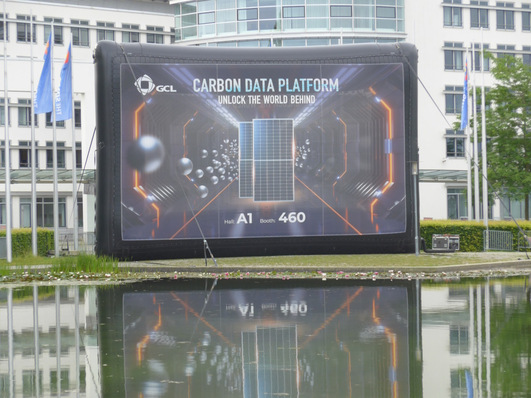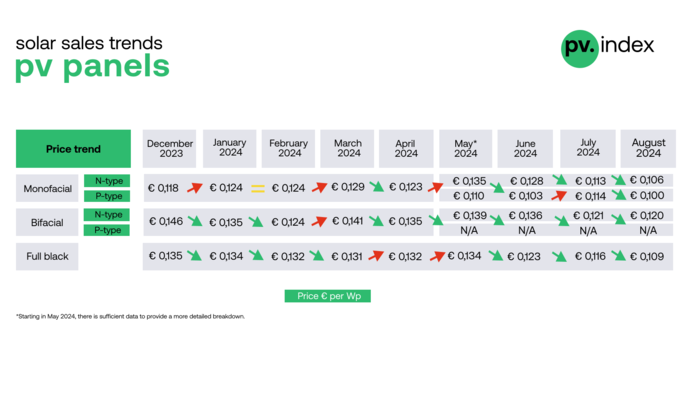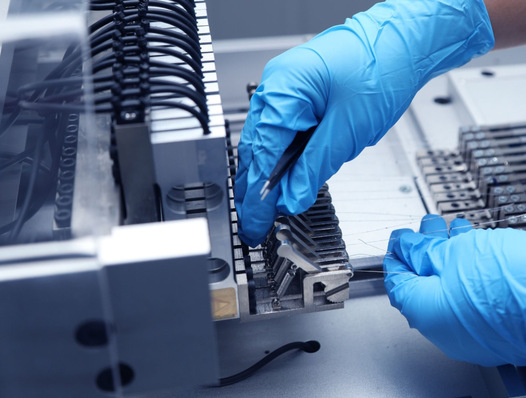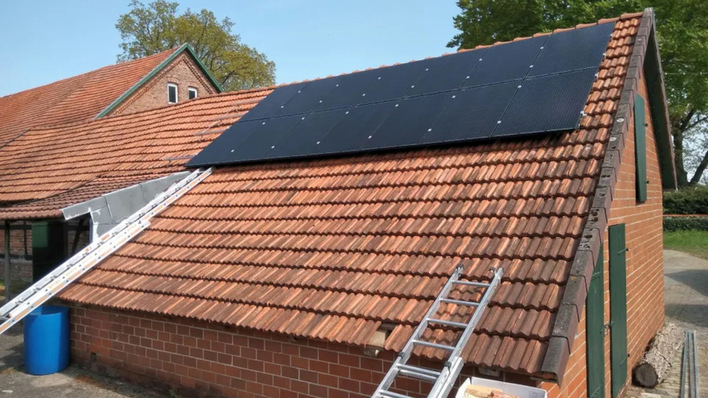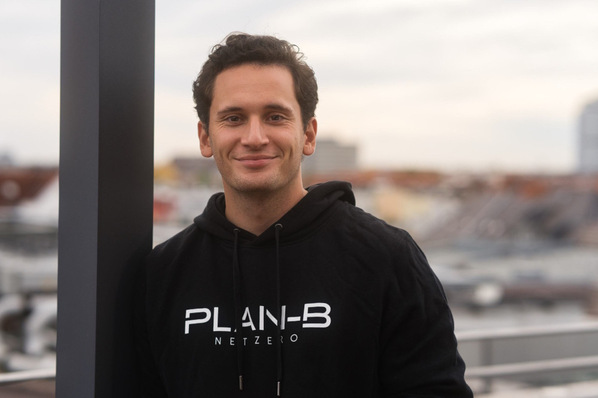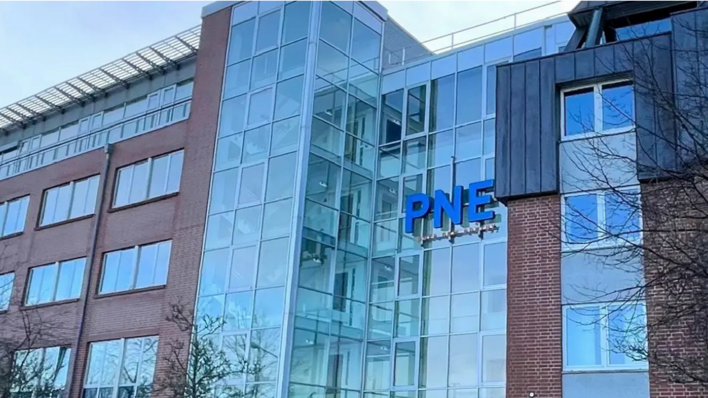Reiling started recycling end-of-life modules on an industrial scale in 2023. Why is that?
Tom Reiling: We started because no one else is doing it yet, apart from a few start-ups. So far, we are alone on a really large scale. We find the topic very interesting and have been dealing with it for years. That's why we decided to do it and establish the competence centre in Münster.
Malte Fislake: So far, there have only been small pilot plants. Reiling has built its own plant that can process up to 50,000 tonnes per year.
See also: Research project for the repair of old modules starts
How many tonnes have you already recycled in the plant in Münster?
Tom Reiling: In 2023, it was around 8,000 tonnes. At that time, we also recycled the old modules at our sites in Torgau and Osterweddingen. Since this year, we have been concentrating recycling here in Münster. We could reach between 10,000 and 12,000 tonnes by the end of the year.
Malte Fislake: When we started in Münster in 2023, we began operating in two shifts. In October 2024, we briefly worked in three shifts with a dozen employees due to a delivery peak. I expect the volumes to increase significantly over the next few years.
So far you have relied on mechanical separation?
Malte Fislake: The old modules go into the shredder to remove the materials they contain. They then enter a multi-stage process where they are further favourably minded, screened and sorted. We do this using various processes. We do not yet have a licence to operate a chemical factory in Münster.
Also interesting: Reiling achieves recycling breakthrough and recovers glass and silicon
Tom Reiling: The solar modules currently come mainly from Bavaria, eastern Germany and Italy. In order to reduce transport routes and therefore costs, we want to expand mechanical recycling to our other locations. Chemical processes are currently still under development and are not yet suitable for mass production.
Do you also recover the silicon?
Malte Fislake: Together with the Fraunhofer Institute for Crystalline Photovoltaics (CSP) in Halle, we have developed a process to recover the silicon as finely as possible. We implemented this on an industrial scale in May 2024 and are constantly optimising the process. It is not yet possible to produce a new wafer with it. But the energy required to melt new silicon can be significantly reduced. We are in talks with solar silicon manufacturers to improve utilisation.
What really makes money?
Malte Fislake: Copper, aluminium and silver are particularly valuable if you can separate them cleanly. Unfortunately, glass brings in little, especially as the glass industry is currently weakening. But without high-quality glass recycling, there will be a problem. After all, glass accounts for around three quarters of the module weight, and actually more in the case of glass-glass modules.
Did you miss this? New centre for solar module recycling in Münster, Germany
Tom Reiling: We developed the process of shredding, sorting and recovering the various materials ourselves, and we also built the machines ourselves. It's a sophisticated process. People usually underestimate the effort required to cleanly sort and separate the recyclable materials.
Who pays for the delivery? What are the costs of recycling?
Malte Fislake: For private old modules, the manufacturers bear the costs because they pay the EAR Foundation, the Waste Electrical and Electronic Equipment Register. Commercial customers have to pay for the delivery themselves. The cost of transport depends on the effort involved and the distance to the depot in Münster. Customers from Bavaria or the East have to pay more than customers in our neighbourhood. You also have to pay between 1.50 euros and two euros per solar module for recycling. This depends on which modules are involved. (HS/mfo)



